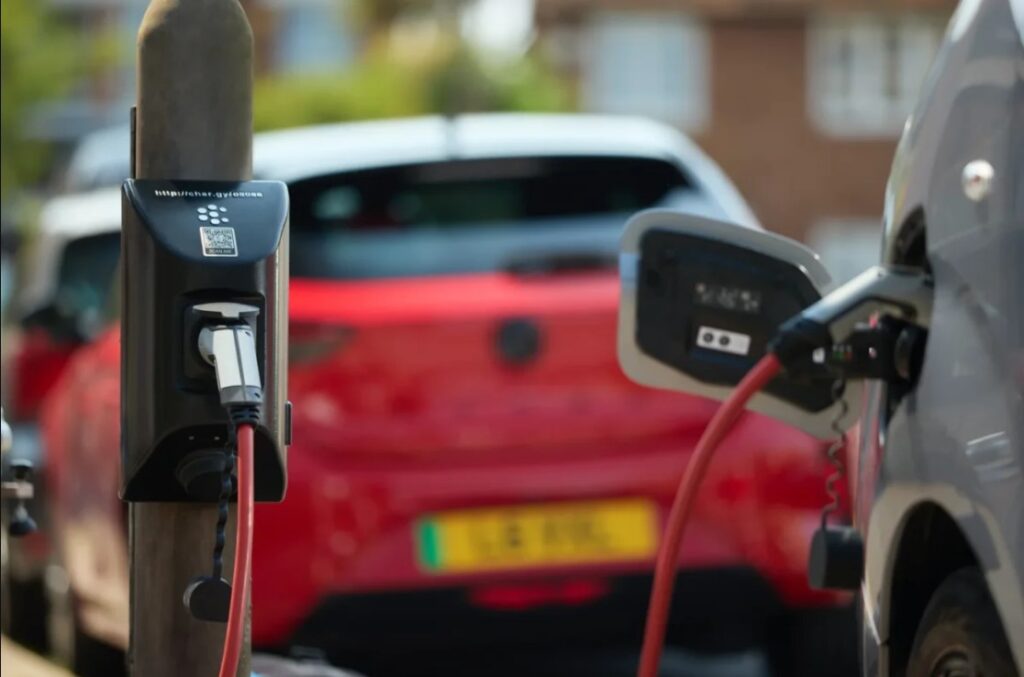The UK needs to more than double the rate at which it is installing publicly available electric vehicle (EV) chargepoints if it is to meet its 2030 target, new analysis has found.
Data from Cornwall Insight’s Electric Vehicle Country Attractiveness (ECVA) Index shows that as of the end of March 2024, the UK had just over 75,000 installed chargepoints, 225,000 short of its 2030 target.
Between April 2023 and March 2024, the UK installed an average of 1,300 new EV chargepoints each month. If this rate of installation is maintained, the nation will miss its target by 120,000 chargers.
In order to meet the 2030 target of 300,000 installations, the UK must install an average of 2,800 chargers each month, more than double the current rate.
Jamie Maule, research analyst at Cornwall Insight said: “To achieve our EV targets, it is essential that we see a major acceleration in chargepoint installations. Without this increase, we risk undermining the progress towards decarbonising the UK’s roads and we could see a delay to broader environmental goals.
“Fear around a lack of chargepoints is a major reason why many people hesitate to switch from traditional vehicles to EVs. This news could further discourage people from making the move.”
A priority for the next government
The UK’s sluggish pace on installing EV charging infrastructure, exacerbated by the delay of policies such as the Rapid Charging Fund, is a major threat to the adoption of EVs in the UK. A recent survey found that over half of UK drivers cited a lack of available chargepoints as an issue preventing them from making the switch.
Chargepoint infrastructure trade association ChargeUK recently published a manifesto for the next government to ensure that the delivery of chargepoint infrastructure remains ahead of demand. In it, the trade group asks “that all political parties commit to work with the sector to accelerate rollout, support investment and make the UK the best place in the world to drive and charge an EV”.
Maule agrees, adding: “Whatever the outcome of the general election, the next government must make the expansion of charging infrastructure central to its EV policy if genuine decarbonisation of our transport system is to be achieved. This includes ensuring that existing policy schemes – such as the Rapid Charging Fund – are implemented swiftly and efficiently and barriers in the planning and grid connections process are removed.”






